Ukraine is gearing up for Junior Eurovision 2025 and finding a young singer. In previous years, participating in the national selection was only possible with an original song – something not every family could afford. As a result, many talented children were left out. Now, Suspilne has changed the approach: for the third year in a row, it provides finalists with original songs free of charge, focusing on the performer’s talent and charisma instead.
But the selection has been reshaped to focus on talent, creativity, and equal opportunity.
To understand how this year’s selection works, wiwibloggs’ Volodymyr Tsvyk sat down with Oksana Skybinska, Head of the Ukrainian Delegation at Eurovision and Junior Eurovision, and Svitlana Tarabarova, an acclaimed singer, songwriter, and musical producer of this year’s selection.
Together, they opened up about the evolution of Ukraine’s national selection, the making of six new songs, and how music has become both therapy and hope for the country’s youngest performers.
From resilience to rhythm: Inside Ukraine’s bold new selection format
Ukraine’s Junior Eurovision 2025 season is already breaking records. More than 510 young performers applied to participate – the highest number yet – reflecting how strongly the contest inspires Ukrainian children, even during wartime.
In previous years, Ukraine’s Junior Eurovision selection required contestants to submit fully produced original songs. That system often selected children whose families could afford studio time, music producers, and professional videos – while many talented kids from rural areas never had that chance to take part in the selection. This year, participants did not need to submit an original song at the first stage. Instead, they performed two live covers, and from there, six finalists were chosen for the Zirkova Shkola (Star School) – an intensive creative boot camp led by producers Svitlana Tarabarova and alyona alyona – where the producers specifically wrote songs for each child for the final.
“For us, this brand matters,” says Oksana Skybinska, Head of the Ukrainian Delegation. “Junior Eurovision is about quality – the quality of our work and the result we show. Ukraine has incredibly talented children who continue to grow and deserve to shine. We see how much effort they put in and how much support they get from families and teachers, and we want to give them the best possible platform. It’s our responsibility to ensure that when Ukraine steps onto the international stage, the world sees creativity, strength, and light – everything our children carry inside them.”
Through these changes, Ukraine continues investing in its youngest artists and music as a form of resilience and hope.
Inside the Zirkova Shkola
The heart of Ukraine’s selection beats inside the Zirkova Shkola (Star School) – a creative camp where young contestants spend their summer learning, rehearsing, and discovering what it means to be an artist. It’s less about competition and more about growth. Over several days, the children attended vocal lessons, stage workshops, choreography classes, and sessions with psychologists who help them manage performance anxiety.
“For me, the Star School is not just about songs,” says Svitlana Tarabarova, the selection music producer. “It’s about helping children believe they can do more than they think. We work with their teachers, push them a little further, and give them challenges they’re afraid to try, and then we see how they rise. Some of these kids come from small towns, from families who can’t afford professional training. They get everything for free: songwriting, recording, and performance coaching. And the moment you see a shy child suddenly owning the stage – that’s why we do it.”
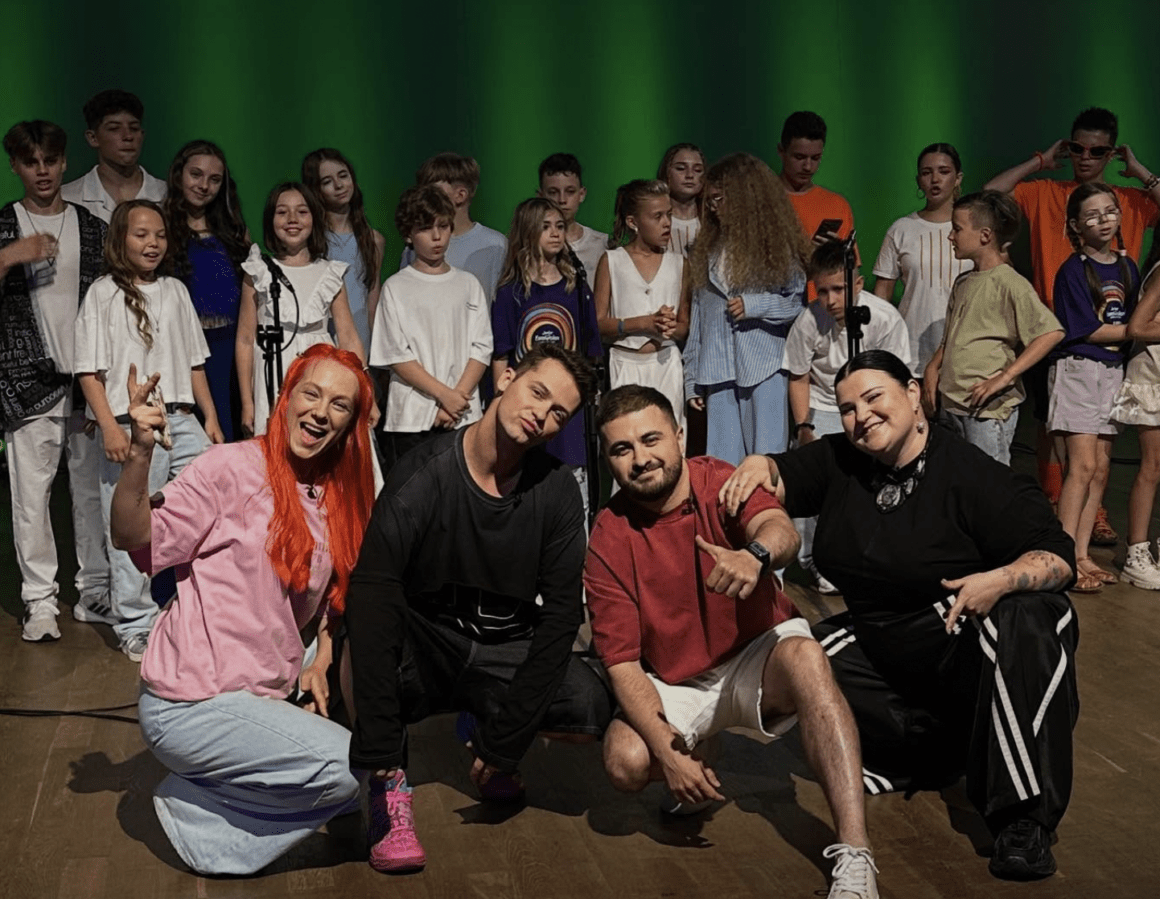
Tarabarova herself stood at the centre of the whole process. Together with alyona alyona and a team of songwriters, she worked closely with every child, discovering their personalities and vocal strengths before crafting songs that truly fit them. “We don’t start with a formula,” she explains. “We start with a person.”
That person-first approach has become the soul of the selection. Here, no one buys songs or a production – everything is created within the project, free of charge, with the same team effort and attention to detail given to every finalist. As Tarabarova puts it, the goal is to help each participant see their worth and potential.
“Ukrainian kids are super talented,” adds Oksana Skybinska. “They’re like raw diamonds. Our job is to polish them, to give them new edges so they can reflect the light and shine even brighter.”
The result feels like a small creative family. Competition fades into friendship, and the children who finish the Zirkova Shkola take new songs, confidence, an understanding of teamwork with them, and the sense that their voices truly matter.
“There were nights when inspiration came at 11 p.m.,” recalls Tarabarova. “I’d text Oksana and say, ‘Listen, I think we’ve found it.’ We’d both cry, because we knew – this song wasn’t just a melody, it carried something real for that child. Sometimes a song gives them strength before they even realise it.”
Each track became a collaboration built on trust. Some songs were rewritten three times, others evolved from a single phrase or a fragment of a child’s diary. As Head of Delegation, Oksana Skybinska notes, “When you see how the right song can change a child’s confidence, you understand that this is much more than production. It’s about helping them find their voice – and making sure the world hears it.”
Music with purpose: how Junior Eurovision helps children heal
In Ukraine’s Junior Eurovision journey, art and empathy combine, turning a music show into a movement for healing. This year, Ukraine’s Junior Eurovision selection carries a deeper mission. Together with the charity fund Voices of Children, Ukrainian public broadcaster Suspilne launched a fundraising campaign to provide psychological support for children affected by the war. The initiative runs throughout the season, reminding viewers that a story of resilience stands behind every song.
During the Zirkova Shkola, young participants worked with psychologists who helped them deal with stage anxiety, emotions, and the constant background of air raids. For many, music became a form of therapy – a space where they could feel safe, express themselves, and be children again
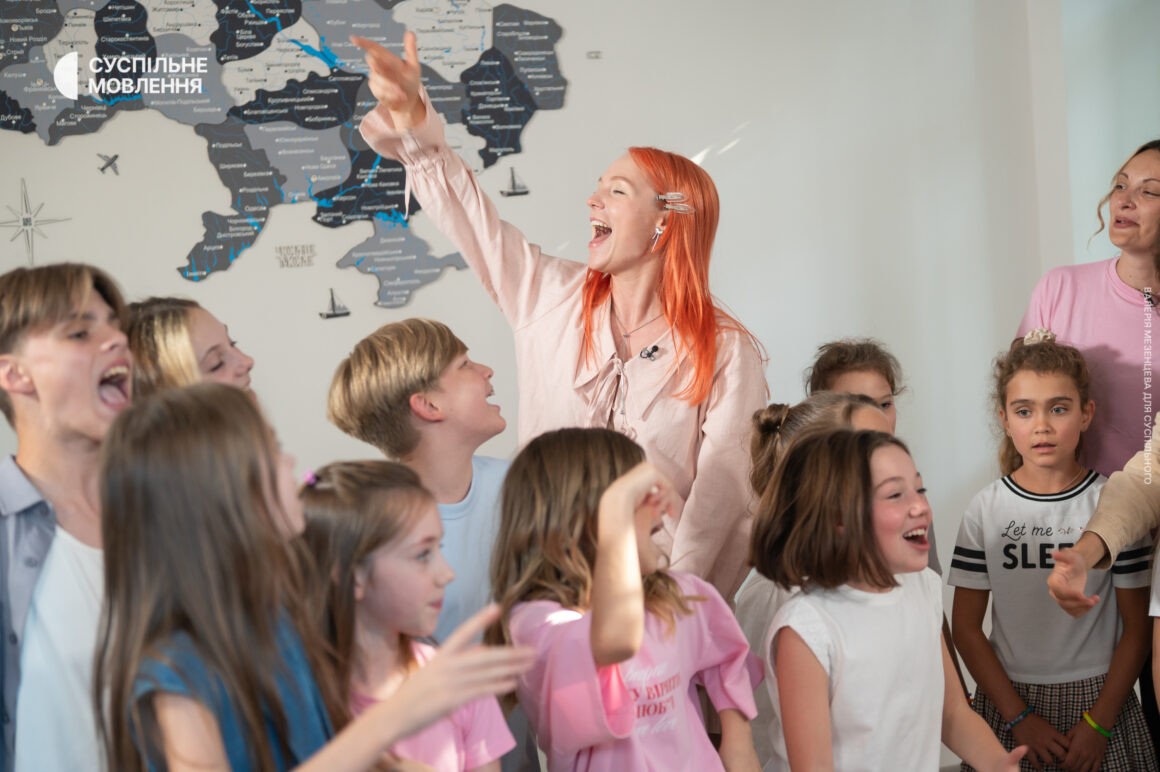
Teamwork and late-night tears: the making of Ukraine’s Junior Eurovision songs
Creating songs for Junior Eurovision 2025 became an emotional marathon for the Ukrainian team. Once the six finalists were chosen, the real work began – writing music that would reflect each child’s story, voice, and energy. Svitlana Tarabarova, alyona alyona, and the songwriters team spent weeks in the studio with little sleep and endless notes, rewriting, recording, and adjusting melodies until every lyric felt right.
The timeline was brutally short. The team had only a month to complete six original tracks – from the first idea to the final recording. “Last year we had just two weeks,” laughs Tarabarova. “This time we had a month, and it still felt like two days.” But deadlines only made them more united. The producers worked with vocal coaches and stage directors, who joined the process early to help shape the performances around each song’s message.
These recent results seem no accident. Both entries reflected the same formula that has quietly defined Ukraine’s approach: sincerity first, everything else second.
“There’s no secret formula for a successful song,” says Svitlana Tarabarova. “It always starts with the child – their story, energy, and truth. When the song grows out of who they are, people feel it. That’s what moves the audience, not just a perfect note or production.”
Tarabarova and Oksana Skybinska see the contest as a long-term investment in a new creative generation. Many children return year after year, growing stronger vocally and emotionally. “Sometimes a child isn’t ready the first or second time,” Skybinska notes. “But when their moment comes, they shine – and that’s worth the wait.”
As Ukraine heads toward the national final on October 12, excitement is building. Six young finalists are polishing their performances, rehearsing their songs, and waiting to find out who will earn the right to represent Ukraine at Junior Eurovision 2025 in Tbilisi. The team behind the show is also getting ready – fine-tuning every detail and calling on fans to support the children online.
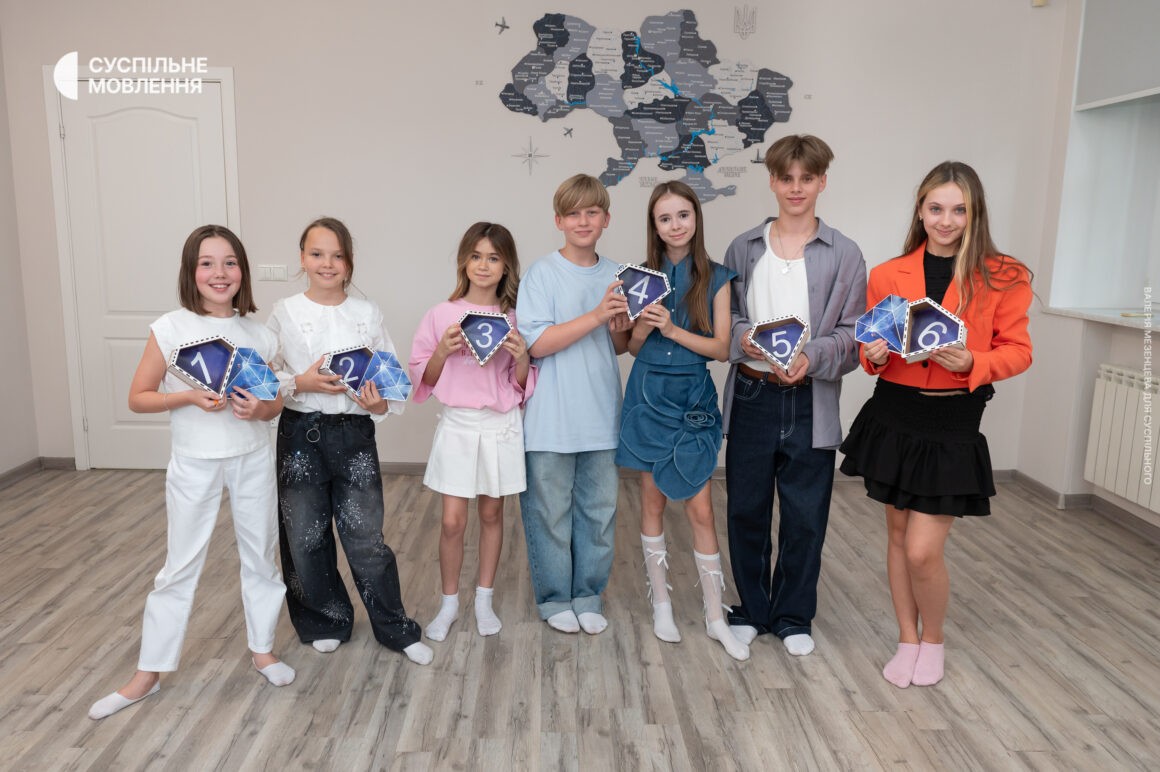
Viewers can already listen to the songs, leave encouraging comments, and prepare to vote through the Diia app once the live broadcast begins.
“Please support the kids, share their performances, write something good,” urges Oksana Skybinska. “They read every comment. It gives them strength.”
This year’s show promises surprise guests, a special joint performance by Svitlana Tarabarova and alyona alyona, and six new songs ready to carry Ukraine’s voice to Europe again. And even though only one child will represent Ukraine in Tbilisi, the voices of all six finalists will echo far beyond the contest.
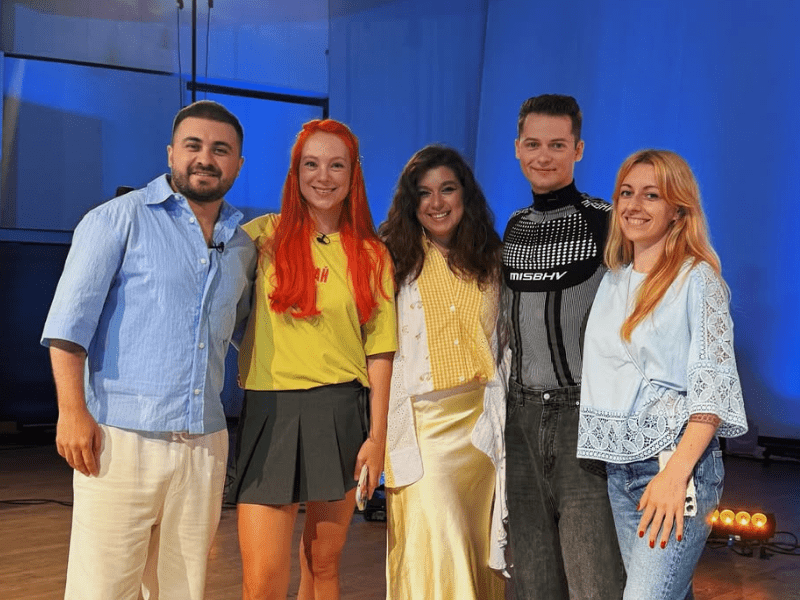
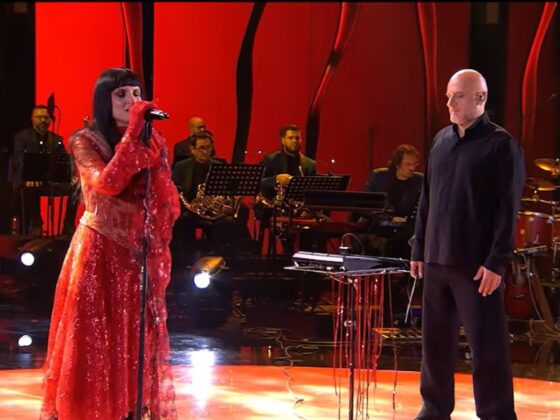
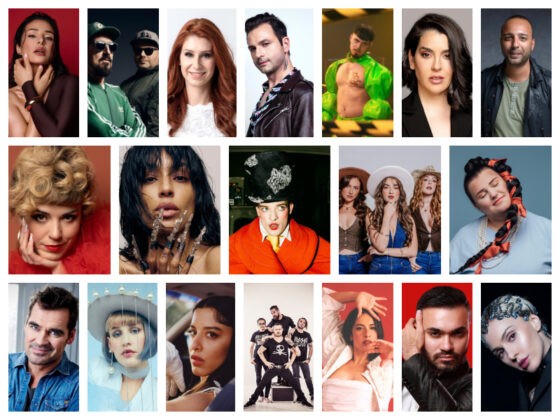


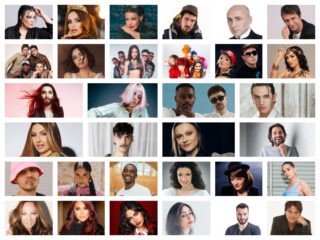
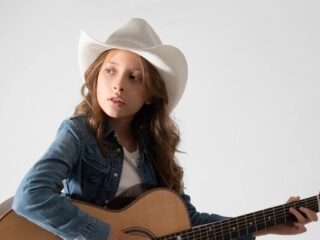
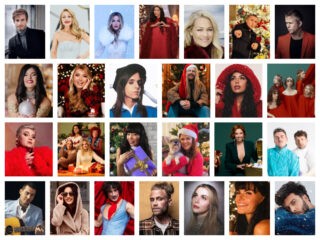

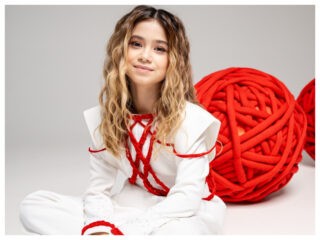
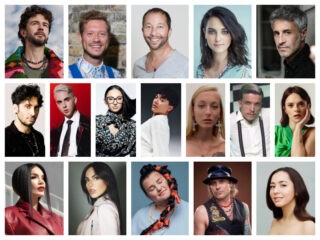
I’ve just heard the song ‘Motanka’ which will represent Ukraine at Junior Eurovision 2025. It was the jury’s second favorite and the public’s first choice. I found it somewhat annoying with no clear melody. Not impressed with the ethnic/rap sound, it felt disjointed to me. Sofiia Nersesian is a good singer, but it’s just not my cup of tea.
This is so amazing and break trough. Good Luck to Ukraine..
I really liked last year’s entry. Before 2024 I didn’t like their entries as their songs sounded too depressing and sad. Glad they chose an upbeat song.
I like Junior Vidbir’s songs more than Vidbir 2025 songs (for me this Vidbir had the worst songs ever)
but production of junior songs is on a top level
see you winning in Sakarvelo
I appreciate the fact the wholesome and holistic approach in Zirkova Shkola where the key words are growth, dedication, sincerity, teamwork, resilience and therapy. I will tune in tomorrow to watch how this creative process reaches its climax.
i bet Ukraine has been winning the last 4 editions of junior eurovision so easily LOL, out of sympathy votes
Is this comment meant to be a rage bait?
but Ukraine has not been winning junior eurovision…..